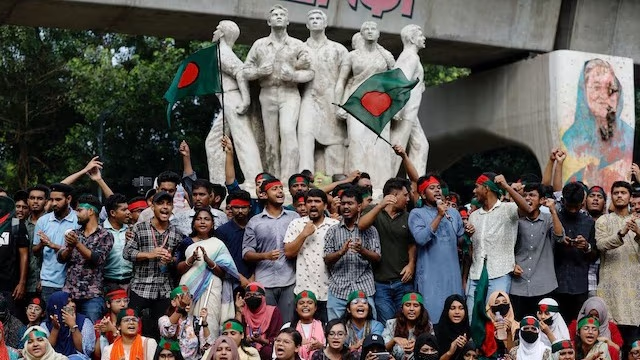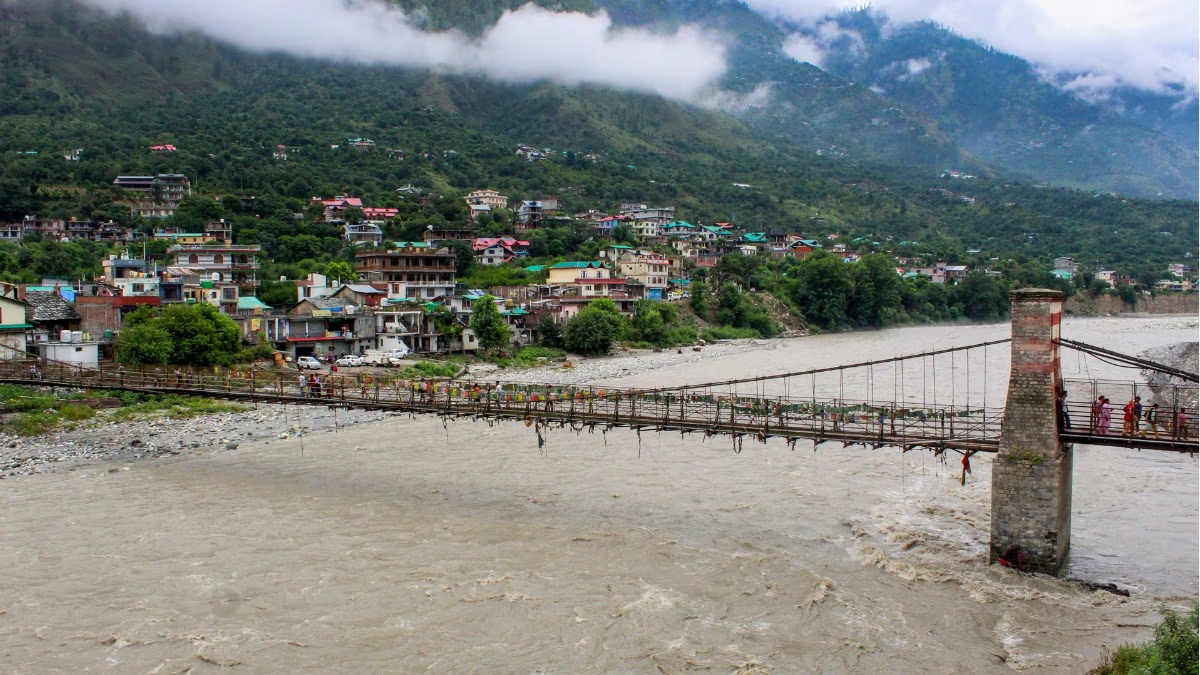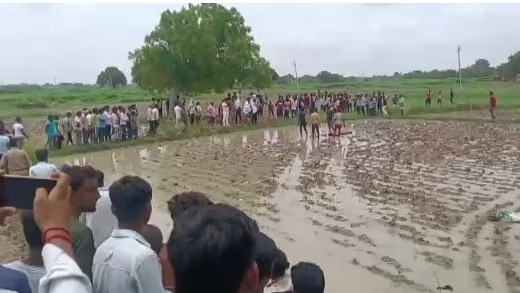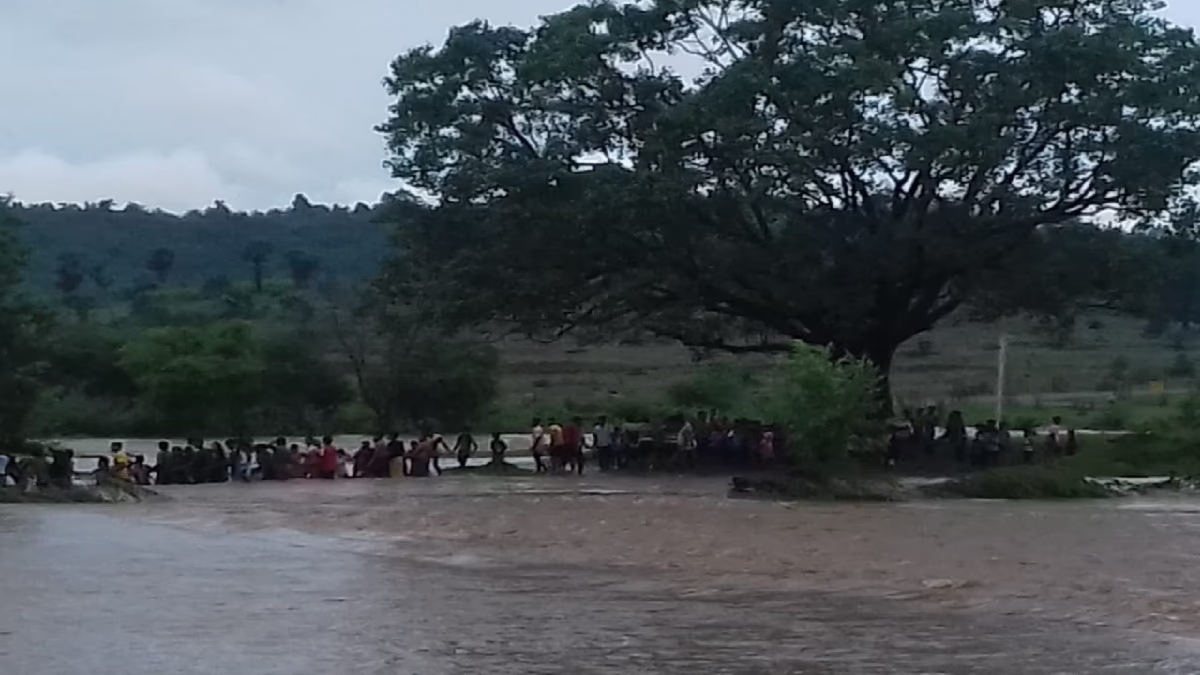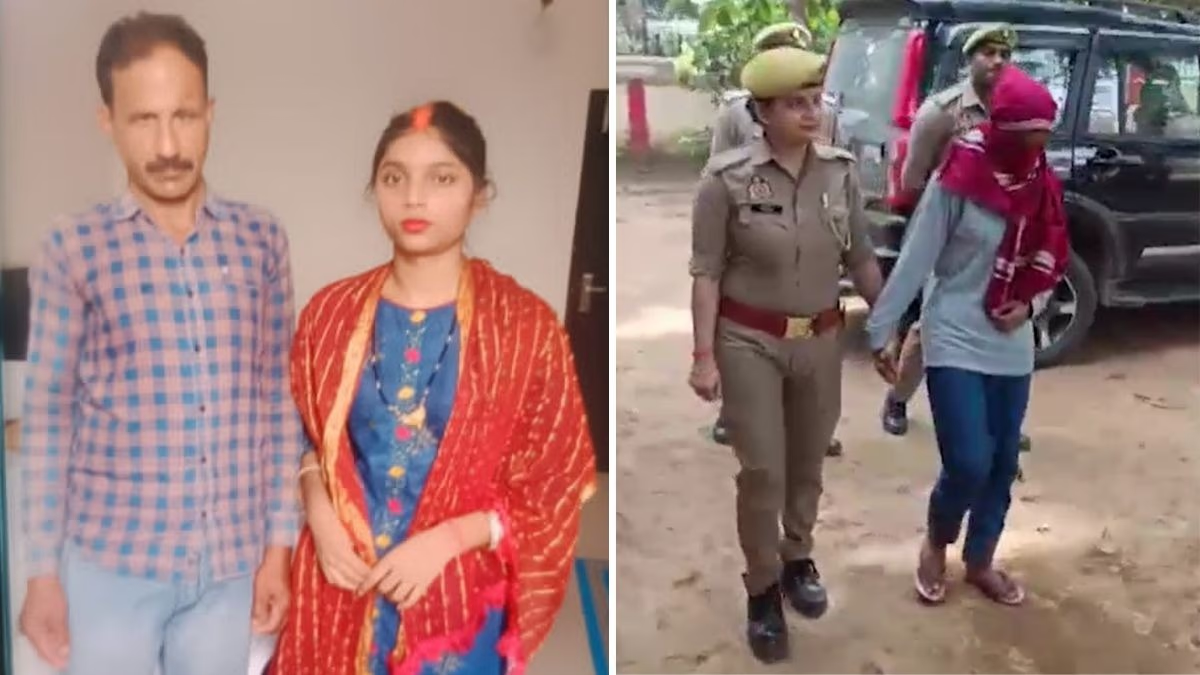In Bangladesh, student leaders claiming a 'revolution' have trapped themselves within a love for power. They're now pushing for changes to the electoral system, allowing select 'revolutionary' faces to enjoy victory even with fewer votes. Last August, students who instigated a power shift through protests are demanding proportional representation for Bangladesh's elections.
These students have founded a new party called the National Citizen Party (NCP) and plan to contest elections. This reform has also been a longtime ask of several small Islamic parties in Bangladesh.
However, Khaleda Zia's Bangladesh Nationalist Party (BNP) strongly opposes this push. They argue that proponents of proportional elections have ulterior motives, suspecting that those advocating for local government elections before national elections are similarly motivated.
BNP spokesman Salahuddin Ahmed highlighted that such requests aim at delaying elections or avoiding them altogether, noting that proportional representation doesn't suit Bangladesh's political milieu.
Understanding Proportional Representation
Proportional representation assigns seats based on the percentage of votes each party receives. For instance, a party with 10% of the national vote would earn approximately 10% of parliamentary seats. This system offers better representation for smaller parties and minorities, unlike the majoritarian 'first-past-the-post' system used in Bangladesh and India, where the top vote-getter wins.
For a government, a coalition or party must secure a parliamentary majority (over 50% of seats). Proportional representation often doesn’t yield a clear majority, leading to alliances. Usually, the largest party's leader emerges as the prime minister or equivalent.
BNP's criticism came after an Islamic Assembly Bangladesh (IAB) rally gathered masses in the capital, demanding proportional elections and pre-general election local polls.
Why NCP Desires a New Election System
Disputes over the election have pitted BNP against former ally Jamaat as BNP believes it can win power alone, while Jamaat fears exclusion despite strong support, similar to NCP. NCP realizes it won't gain solo power despite credit for political changes, so it seeks proportional elections for even a few seats, letting movement leaders access Bangladesh's parliament system.
NCP and Islamic Groups' Proposals
IAB’s proposal aligns with Jamaat-e-Islami, Bangladesh's largest Islamic party, and seeks to strengthen NCP's demands. The rally urged greater unity among Islamic forces in Bangladesh.
The current political climate positions BNP as a major contender for power, heightened by Sheikh Hasina's ousting last August. BNP has been the focal point of Bangladesh's political discourse since Hasina was overthrown.
Sheikh Hasina's government fell on August 5 to India. This action stemmed from violent street protests led by Students Against Discrimination (SAD).
Nobel Laureate, aged 85, Yunus, arrived in Dhaka from Paris three days later, heading the interim government.
Consequently, Students Against Discrimination leaders formed NCP, fostering close ties with right-wing and Islamic groups, including Jamaat.
Bangladesh's Chief Advisor Muhammad Yunus declared general elections between December and June 2026.
